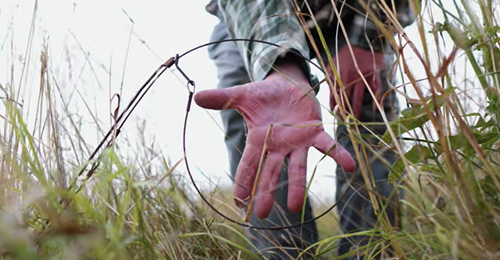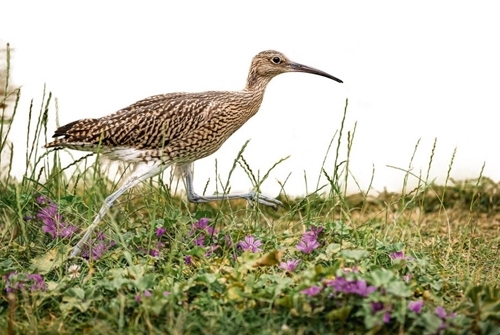
This Monday (9 January), the Petitions Committee debated a recent e-petition calling for a ban on the use of snares. Nick Fletcher, who brought the petition, gave a detailed account of how a humane cable restraint, pioneered by the GWCT, differs from a traditional snare.
This point was driven home by Jim Shannon, DUP MP for Strangford, who noted that “the snares of yesteryear are not acceptable, but the humane restraints that the Government permit today are a way of moving forward.” Talking about the impact of fox predation on livestock as well as ground-nesting birds, he said “This serious problem must have a serious solution, and I feel that humane cable restraints are and must be accepted as such.”
“I hope we will continue to responsibly use cable restraints as a way of managing our countryside and ensuring that our wildlife and our economic interests in terms of game and agriculture are protected.”
Sir Robert Goodwill, Conservative MP for Scarborough and Whitby, outlined the limitations of other means of fox control such as shooting, noting that “the alternatives do not bear much scrutiny in terms of their relative humaneness” and that “I hope we will continue to responsibly use cable restraints as a way of managing our countryside and ensuring that our wildlife and our economic interests in terms of game and agriculture are protected.”
There was a clear distinction between those with practical experience of the countryside and the role of snares. In fact, Mr Fletcher himself made this point very clear in his opening remarks, in which he stated “A relative townie like me can easily sit in an armchair and say that the use of snares is wrong and even barbaric, but I am conscious that I have little understanding of the countryside and the steps necessary to protect it. Those who have spent their lives in the countryside say snares are necessary. We need to know who is right and who is wrong—we need evidence.”
Those supporting the petition highlighted the fact that there are 188,000 snares in operation at any time (based on a 2012 Defra report citing a range of 62,823-188,283) and challenged whether we should be controlling species rather than using snares. Rachael Maskell, Labour MP for York Central argued that “we cannot continue to believe that we have a right and a power over nature. Nature will find its balance, and it is important that we nurture and enable that balance” and called for alternatives such as changes to farming techniques and a higher intensity of shepherds to protect new-born lambs, before stating that “we should end the vilification of foxes”, while Conservative MP Tracey Crouch declared her opinion that “there is no humane way to snare a wild animal”. Oliva Blake, Labour MP for Sheffield Hallam also called for alternatives including “electric fencing, wire netting, motion sprinklers, ultrasonic devices or the use of radios and reflective surfaces”, the effectiveness of which was challenged by Sir Robert Goodwill, particularly at scale.

“I am aware that we must protect lapwings, curlew and other ground-nesting birds”
Bringing the debate to a close, Trudy Harrison, the Parliamentary Under-Secretary of State for Environment, Food and Rural Affairs highlighted the lived experience of Jim Shannon and Sir Robert Goodwill by saying “It is of particular relevance that we have heard from two farmers with first-hand lived experience.” She called for improved information about the correct use of snaring, something the GWCT is happy to support. With Welsh and Scottish governments reviewing the use of snares, the Defra Secretary ended the session by stating “I reiterate that I will work with the devolved Administrations to understand the implications, but I am also aware that we must protect lapwings, curlew and other ground-nesting birds, so we will take a balanced approach. We will observe how friends in the devolved Administrations implement their proposed changes to snaring. I hope we can learn from the different approaches. I will certainly keep an open mind about whether any new rules and regulations are required in England in the future.”
You can watch the proceedings here or read Hansard here. We will continue our work to improve standards and ensure that the tools required to support biodiversity are humane and effective.